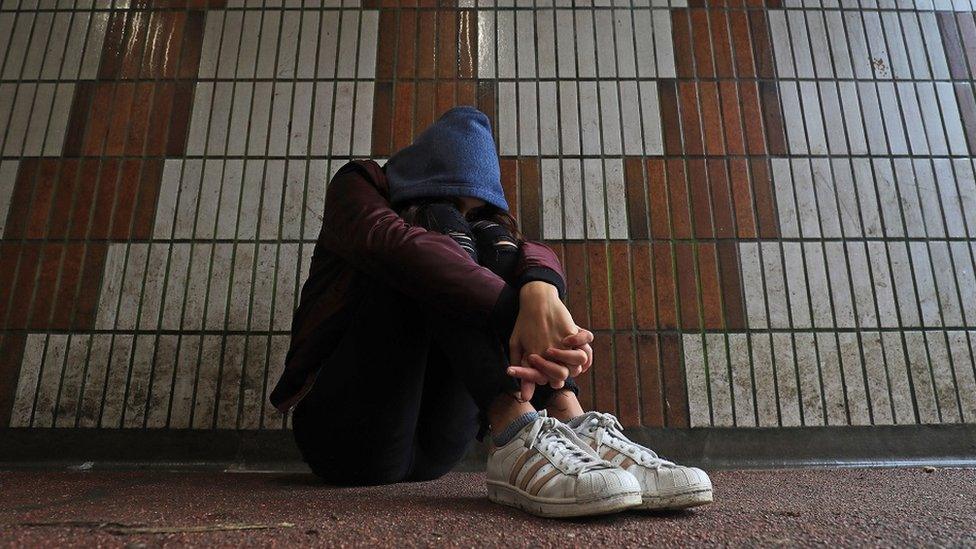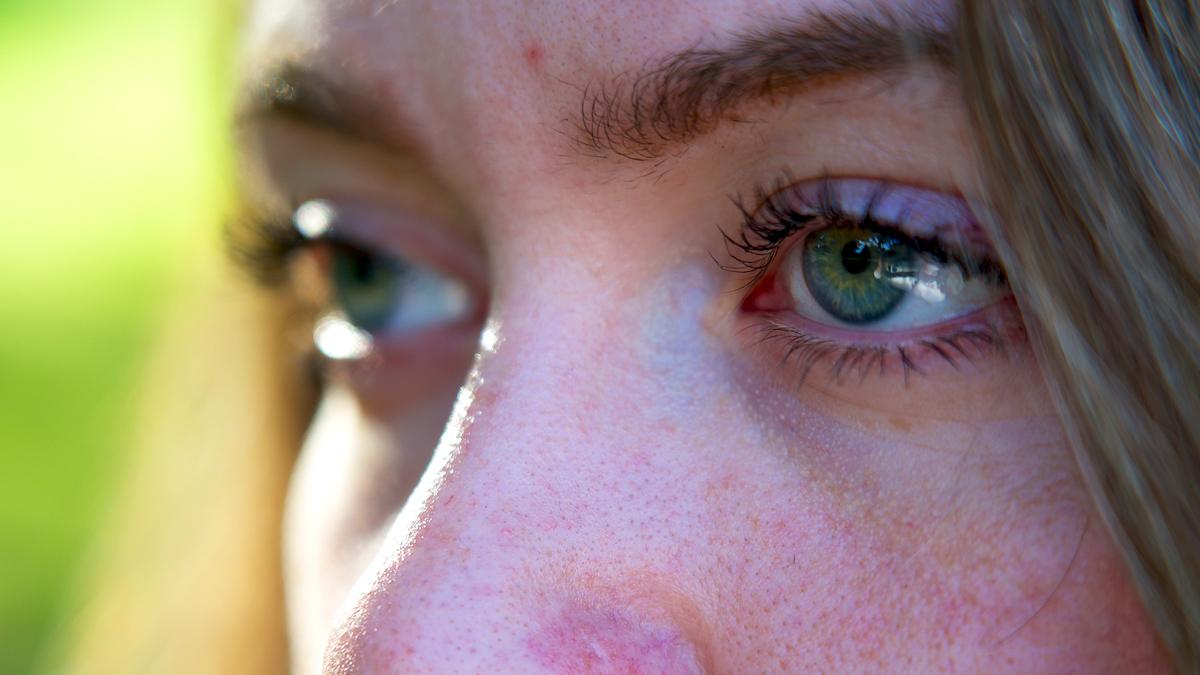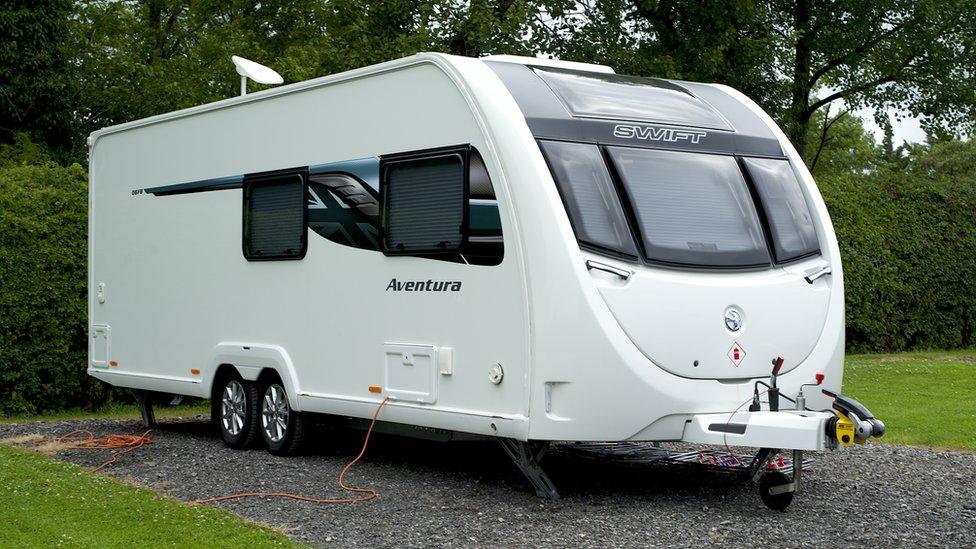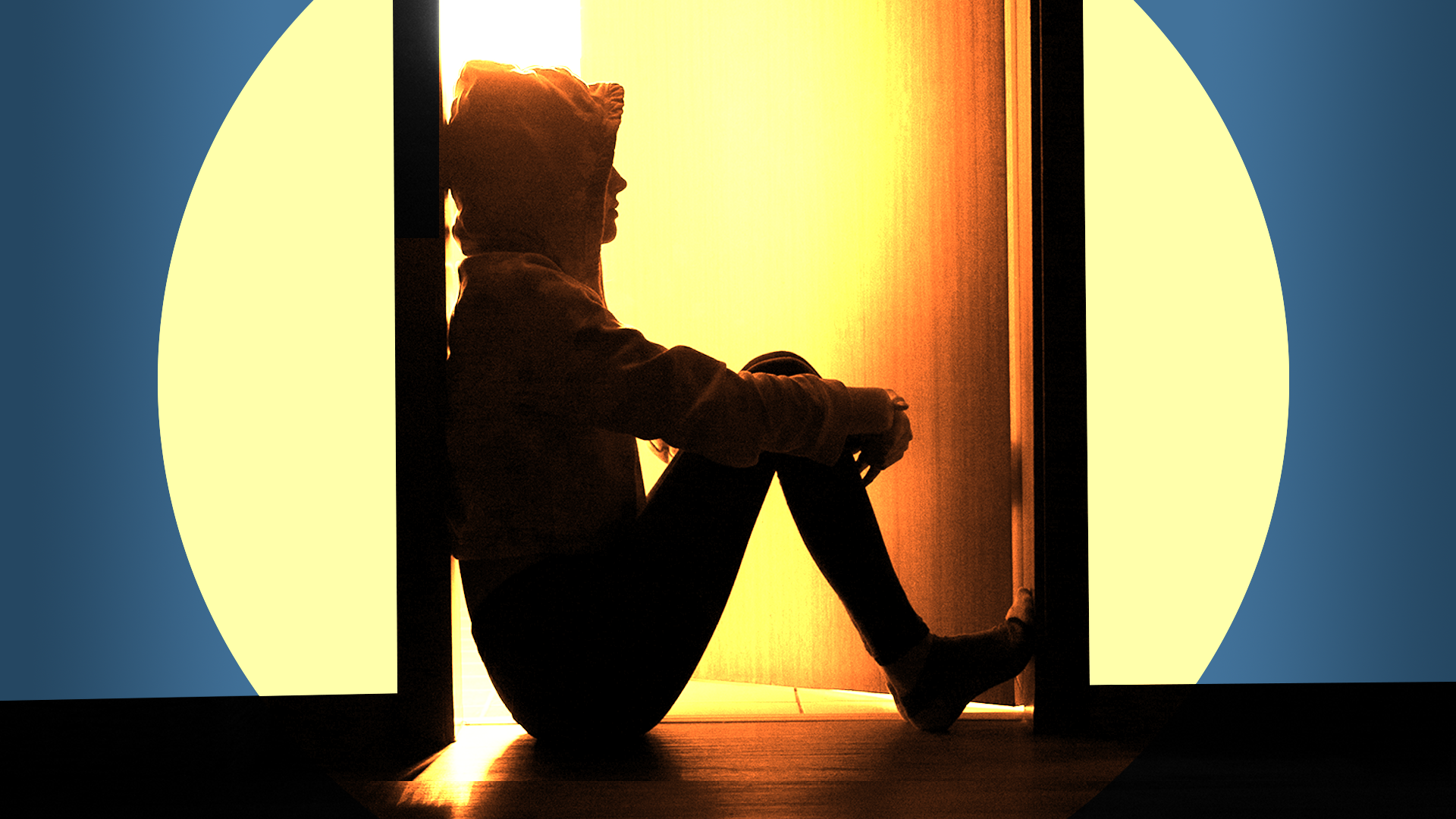No care places left for most vulnerable children in England, MPs told
- Published

Hundreds of vulnerable children will be in illegal accommodation this winter because there are no places for them in children's homes, care providers say.
In March, the government extended a ban on unregulated homes to children in care aged 16 and 17, following BBC investigations.
The BBC found some had been forced to live in caravans and barges - and experienced organised abuse.
A crackdown gets under way in October, when Ofsted begins regulating settings.
All unregulated care settings, which can include individual houses and flats in residential areas, will become illegal.
But local authorities - which have a legal duty to provide homes for children - may be forced to keep using them because they will have no alternative.
About 80% of regulated children's homes in England are provided by private companies, which are suffering chronic staff shortages and a severe squeeze on places.
Mark Kerr, of the Children's Homes Association, this week warned MPs of an urgent need for more resources.
'Unprecedented crisis'
"We have a crisis now that's going to deteriorate," he told the Commons education committee, external, but "despite repeated calls we are getting no joy from the department of education".
The government banned local authorities from housing under-16s in unregulated settings in 2021. In March, it extended the ban to unregulated placements for 16 and 17-year-olds.
But many local authorities have continued to place children in unregulated accommodation.
"The reality is that hundreds of highly vulnerable children and young people will have nowhere to go," said a spokesperson for the Children's Homes Association, in a statement.
It said a workforce crisis and a rise in numbers of children coming into care - with a significant increase in those facing sexual and criminal exploitation - meant there would be a shortfall in regulated placements.
"We face an unprecedented crisis in residential childcare without urgent action to address workforce challenges," the spokesperson added.
Acute shortage
In recent years, many local authorities have resorted to applying for court orders to restrict children's liberty as a solution to managing the risks they are facing, according to the Nuffield Family Justice Observatory, external.
Such Deprivation of Liberty (DoL) orders can permit children to be kept under constant supervision behind locked doors and windows - in homes that need to be tailored to the risks they are considered to face.
The Children's Homes Association estimates that at least 800 children on DoL orders will have to be re-homed from October. It says it is these children - which it describes as the most vulnerable in the care system - who face the most acute shortage of regulated placements.
Louise Gittins, chair of the Local Government Association's Children and Young People Board, said: "We have long raised concerns over the availability of homes for children in care and it is vital government works with us to address these.
"The need for children's home accommodation currently outstrips supply, and this is undoubtedly driving the increasing use of unregulated and unregistered accommodation."
A Department for Education spokesperson said it was the responsibility of local authorities to provide safe placements.
"Local authorities are responsible for providing safe, appropriate homes for children, and are held to account for the quality of care they provide.
"We are investing over £142m over three years to make sure the transition to Ofsted registration is successful."
Related topics
- Published5 July 2023

- Published9 June 2022

- Published20 July 2022

- Published12 November 2021
